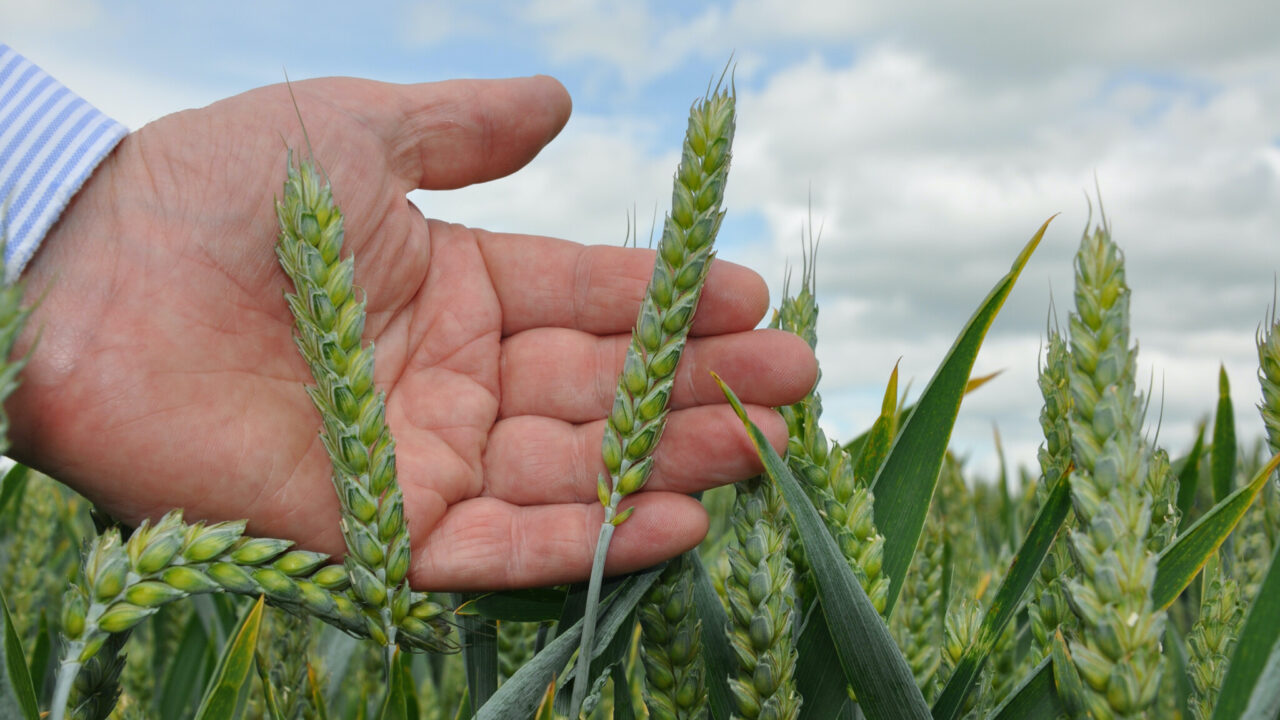Scientists at the National Institute of Agricultural Botany (Niab) have welcomed the entry into law of a new precision plant breeding act for England.
They are referring to it as a “landmark moment for British agriculture and crop science”.
Precision breeding techniques allow targeted, precise changes to be made within a plant’s own DNA.
These are changes that could have occurred naturally or through conventional breeding.
However, these can now be achieved faster and more accurately under the Genetic Technology (Precision Breeding) Act 2023, according to the Niab.
Prof. Mario Caccamo, Niab chief executive, described the new legislation’s implementation as a historic milestone.
He said: “This is the first time in a generation that legislation has been brought forward which seeks to enable, rather than restrict, the use of advanced genetic technologies in UK agriculture.
“It will help accelerate the development of improved crop varieties with potential benefits for farmers, consumers and the environment.
“Potential early applications include: higher-yielding strawberries with longer shelf life; nutritionally enhanced tomatoes and oilseeds; disease-resistant sugar beet and potatoes; tomatoes bred for robotic harvesting; higher yielding wheat and baby potatoes; non-browning bananas; and high-lipid barley designed to cut methane emissions in livestock.”
According to Professor Caccamo, these innovations are already in the pipeline.
He explained: “They show how precision breeding can help us produce healthier food with fewer inputs, while reducing food waste, tackling climate change and strengthening food security.”
Prof. Caccamo also welcomed the UK Government’s firm commitment to protect the Precision Breeding Act under the terms of any future plant health agreement deal reached with the EU.
He also noted that the implementation of the new legislation signals strong, cross-party political support for these new technologies at Westminster.
Consumer support
The Niab chief executive also pointed to a global survey released earlier this year which found that 56% of the consuming public support the use of new genomic techniques in agriculture, particularly to develop more climate-resilient crops, with only 12% opposed.
Prof. Caccamo continued: “Public and political opinion is shifting decisively in favour of science-based solutions to global challenges such as food security and climate change.
“This is a once-in-a-generation opportunity to transform the way we develop and grow crops in Britain.
“With the precision breeding legislation now in force, we have the chance to lead the world in sustainable, science-based farming.
“Let us seize that opportunity with both hands.”
According to Niab scientists, the new legislation, whose development and implementation spanned five years and a change of government, replaces restrictive rules inherited from the EU.
In other words, it provides a more proportionate and science-based regulatory framework for scientists, plant breeders and farmers to use precision breeding techniques such as gene editing to improve productivity, climate resilience, and sustainability.

